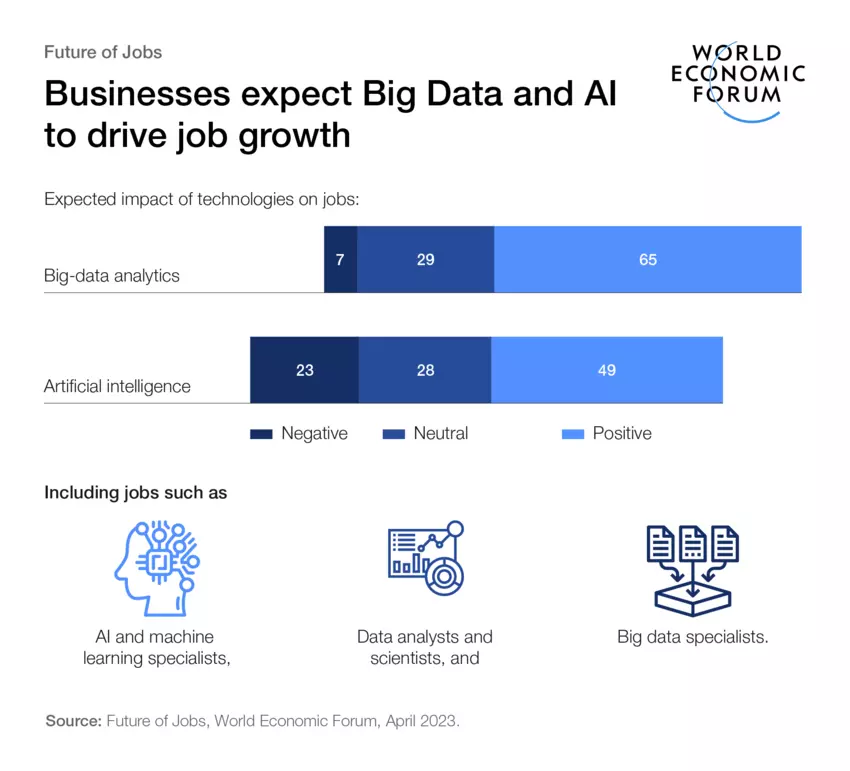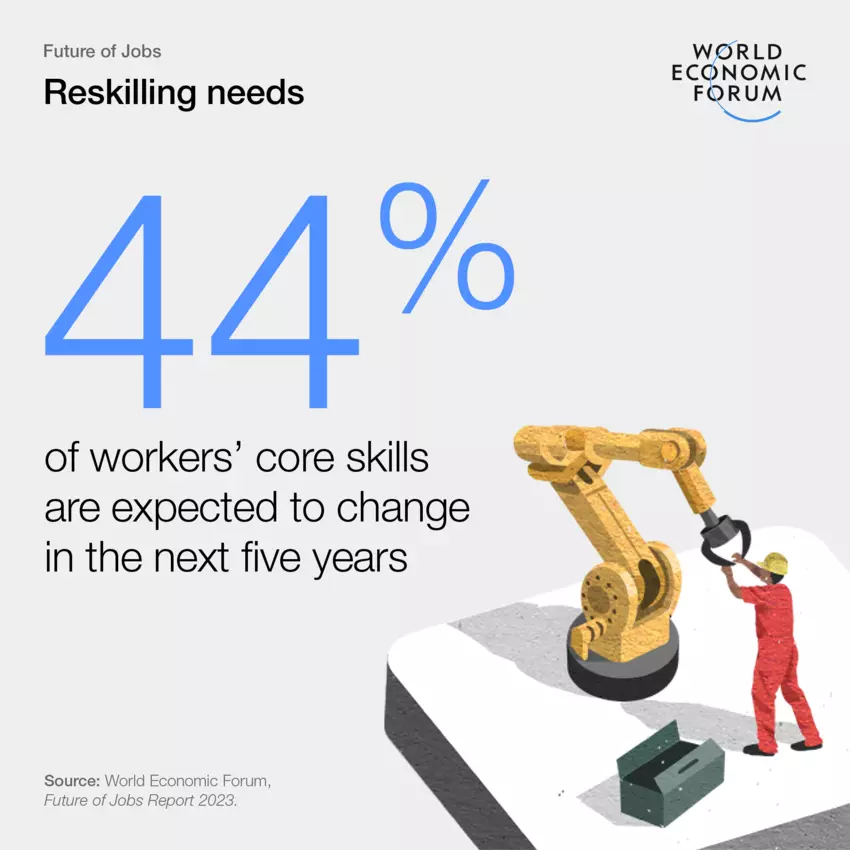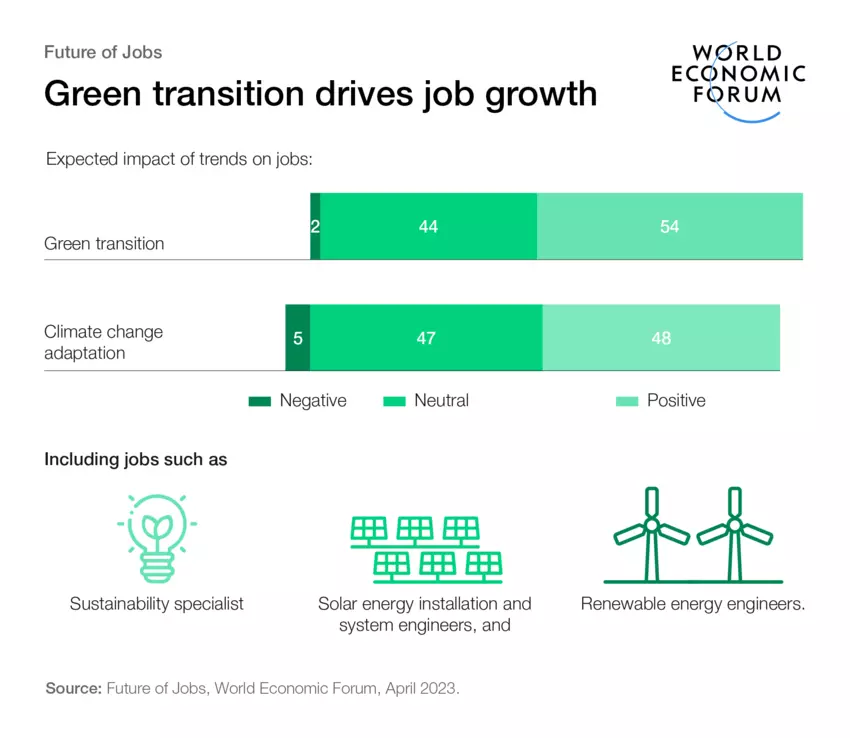Why Investing in Education is Critical for Supply Chain Management Professionals
In today’s fast-changing business environment, education and continuous learning are essential for professionals in supply chain management, operations management, logistics, and transportation. The Future of Jobs Report 2023 highlights the urgent need for reskilling and upskilling, especially as global trends like technological disruption, sustainability, and geopolitical shifts reshape the workforce landscape. Here’s why investing in education for supply chain professionals is crucial, backed by data and insights from the report.
1. Adapting to Technological Change
The rapid advancement of technologies such as artificial intelligence (AI), big data, and automation is transforming how businesses operate. In the supply chain industry, these technologies are becoming integral for optimizing operations, improving efficiency, and driving innovation. According to the Future of Jobs Report, over 85% of organizations see technological adoption as a primary driver of business transformation by 2027.
For supply chain professionals, understanding how to leverage these technologies is critical. This means education and training programs focused on AI, data analytics, and digital platforms are not just beneficial but necessary. Operations managers and logistics professionals must be able to use these tools to enhance supply chain resilience, reduce costs, and improve decision-making in real-time.

2. Navigating Supply Chain Disruptions
Geopolitical tensions, economic shifts, and environmental challenges have increased the complexity of global supply chains. The WEF report emphasizes that localized supply chains and sustainability are emerging as key trends. To manage these disruptions, supply chain professionals must be equipped with new skills, including strategic thinking, risk management, and sustainability practices.
Education programs that teach the principles of sustainable supply chain management will be essential as businesses increasingly prioritize green and localized supply chains. Courses that focus on circular supply chains, environmental stewardship, and ESG (Environmental, Social, and Governance) standards will prepare professionals for the future demands of their industry.
3. Coping with Talent Gaps
A significant challenge highlighted by the Future of Jobs Report is the shortage of skilled talent in supply chain management. Employers are increasingly focused on filling roles that require a mix of technological and analytical skills, and 44% of companies report that skills in their workforce will be disrupted within the next five years. With a high demand for skills such as analytical thinking, AI proficiency, and creative problem-solving, professionals must continually update their expertise.
For those in logistics, transportation management, and supply chain improvement, this means a stronger focus on acquiring both technical and strategic capabilities. Investing in reskilling through educational initiatives can help close this skills gap, ensuring that employees remain competitive and capable of handling complex supply chain challenges.

4. Enhancing Leadership and Soft Skills
While technical skills are critical, leadership and interpersonal skills are equally important. The WEF report stresses that leadership, resilience, and social influence are growing in importance. As supply chains become more integrated globally, professionals must be adept at managing cross-functional teams, collaborating with diverse stakeholders, and leading through uncertainty.
Educational programs that emphasize leadership development, communication, and emotional intelligence will enable supply chain leaders to navigate the increasingly complex global landscape. Additionally, fostering a culture of lifelong learning will ensure that they remain adaptable in the face of ongoing industry disruptions.
5. Preparing for a Sustainable Future
The green transition is one of the most transformative trends identified in the WEF report, with businesses investing heavily in sustainability and climate change adaptation. This shift is expected to create new jobs while displacing others, particularly in sectors like energy and transportation. For supply chain professionals, understanding sustainability is not just an advantage—it’s becoming a requirement.
Education in sustainability, environmental management, and green technologies is critical for future supply chain success. Professionals who can integrate sustainability into logistics, warehousing, and distribution will be better positioned to contribute to their organizations’ long-term goals and navigate the transition to a green economy.

Conclusion: Why Education Matters Now More Than Ever
The Future of Jobs Report 2023 makes it clear: the supply chain industry is on the brink of significant transformation driven by technology, sustainability, and globalization. Investing in education ensures that professionals remain relevant, adaptable, and prepared for these changes. For those in operations management, logistics, and supply chain improvement, acquiring the right skills through education will not only enhance career prospects but also ensure that their organizations thrive in a rapidly evolving business landscape.
Now is the time to invest in education and continuous learning, as the future of supply chain management depends on a workforce that is both technologically proficient and strategically agile.